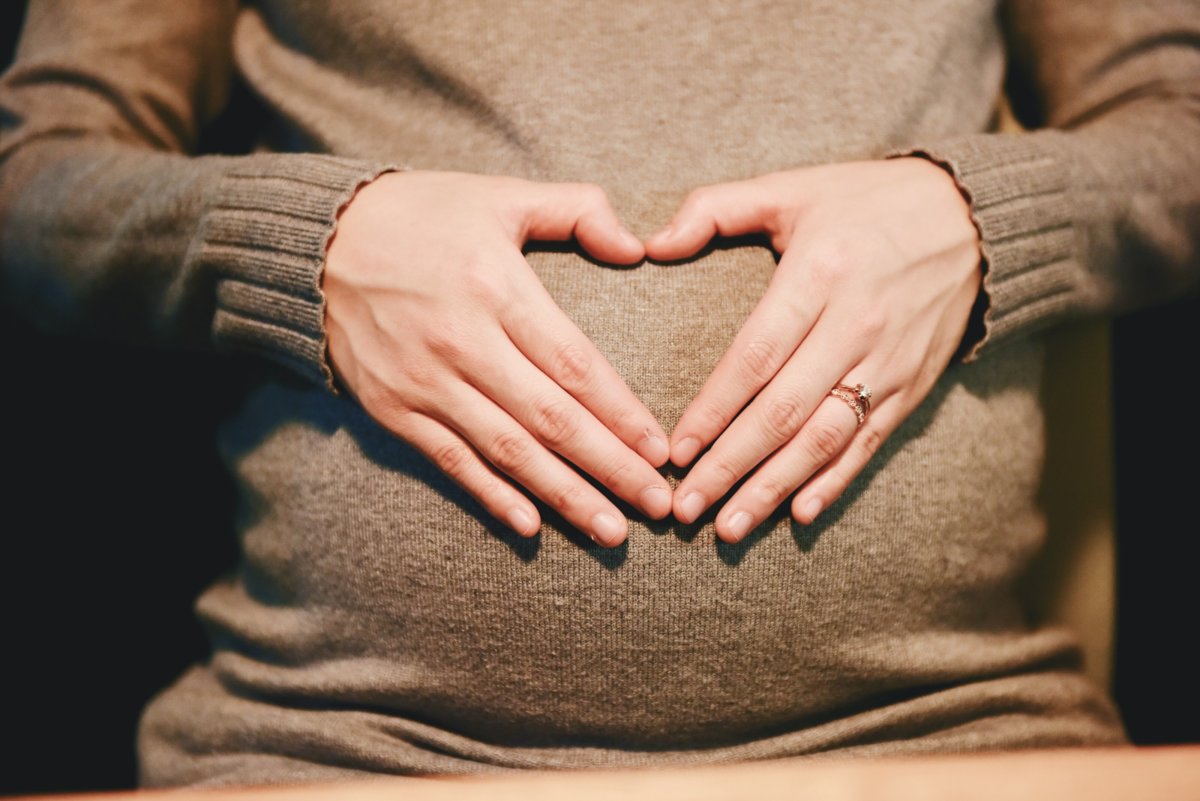BY ISABELLE BOUSQUETTE
There are still many unknowns regarding the intersection of pregnancy and the coronavirus. Because the virus is relatively recent, not many infants have been born to infected mothers. So it’s hard for scientists to offer certainties about the way the virus might affect pregnant women and the children they bear. However, the CDC has put out some guidance for pregnant women during the coronavirus outbreak.
Looking for extra advice for navigating the coronavirus outbreak? Check out our recipe for DIY hand sanitizer, our travel tips, and more!
Here’s What You Need to Know About Pregnancy and Coronavirus:
Pregnant women may be at an increased risk
While there are no studies on the level of a pregnant woman’s susceptibility to COVID-19, pregnant women are often more susceptible to similar respiratory infections. Pregnant women are naturally a higher risk group than the general population. They were more at risk for severe illness from related infections, such as the SARS and MERS outbreaks. Similarly, they are vulnerable to complications from the flu. So, while, no one can say for sure, there are reasons to believe that pregnant women are a vulnerable group right now.
Pregnant women with the virus have not transmitted it to the fetus
In a limited number of cases observed where infants were born to infected women, the child has tested negative for the virus. (However, infants are susceptible to contracting coronavirus from their mothers after birth). Nevertheless, coronavirus may cause other complications during pregnancy. During SARS and MERS, cases of miscarriage and stillbirth were reported in infected women. In some cases of pregnant women with COVID-19, there has been premature birth (birth before 37 weeks).
There is no evidence that Coronavirus is transmitted through breastmilk
So far, scientists have not detected the virus in breastmilk. If a new mother is infected with COVID-19, she could potentially pump and allow someone else to feed the baby. According to the CDC, “breast milk is the best source of nutrition for most infants,” providing babies with protection against many illnesses. Because of that, the decision not to breastfeed shouldn’t be taken lightly. The CDC even recommends that mothers with the regular flu continue nursing their babies, while taking precautions not to infect the baby with the flu. Still, the decision about whether a COVID-19 infected mother should breastfeed should be taken on a case by case basis after consultation with a healthcare professional.
Pregnant women should take every precaution
There is no question that pregnant women should take every possible precaution to protect themselves during the coronavirus outbreak. Yale Health recommends that pregnant women do not come within six feet of anyone with a respiratory illness. They should thoroughly wash their hands with soap and water. If they’re unable to do so, they should use hand sanitizer that is at least 60% alcohol. They should continue cleaning commonly touched surfaces and objects. Finally, they should think carefully about any travel they plan to undertake.
The story of pregnancy and coronavirus is unfortunately still one of uncertainty. While scientists can offer vague guidance, it’s hard for them to say for sure one way or another how the disease affects pregnancy. However, it doesn’t hurt to be as safe and cautious as possible. And, with any luck, the outbreak will have died down by summertime.
Click here to read the full list of the CDC’s pregnancy and Coronavirus FAQs!
This story originally appeared on newyorkfamily.com.



































